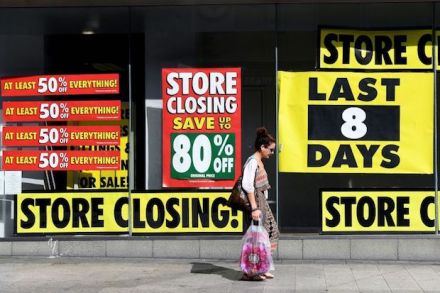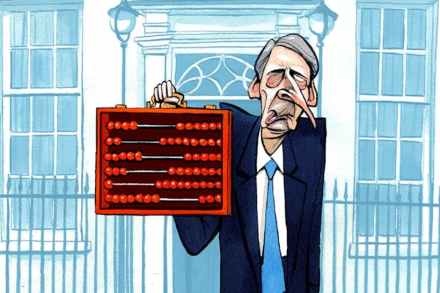Brexit negotiators need to focus on our fishermen
I listen in despair to Brexiteers’ dismissals of pleas from business for a settlement that allows them to plan beyond March next year. On last Friday’s Any Questions?, Jürgen Maier — who runs the £5 billion manufacturing business that is German-owned Siemens UK, and who may be the most respected industrialist in the north of England — spoke persuasively (in the accent of his Leeds schooldays) about the ‘dramatic’ fall-off of business investment and potentially ‘catastrophic’ impact of a no-deal outcome. The response of Tory MP John Redwood was so condescending, essentially ‘well done for coming here and building a business but stop scaremongering’, that I wanted to pour a boiling kettle





















